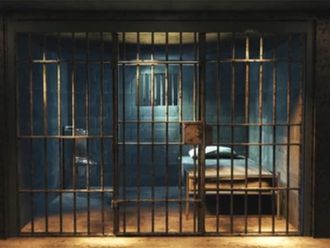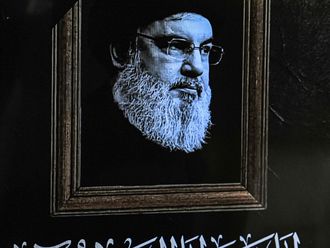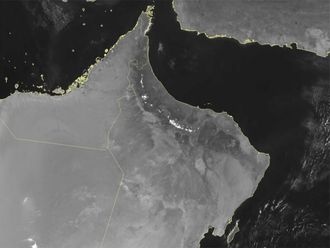Kuwait City: For years, opposition lawmakers in Kuwait’s parliament have been the most aggressive and combative in the Gulf — routinely demanding that the prime minister and others face questioning over alleged corruption and abuses of power.
Now, with a political crisis deepening over parliament and upcoming elections, Kuwait’s rising anti-government forces are applying even greater pressure on the ruling family and the government in one of Pentagon’s key allies in the Gulf.
Government payouts and generous cradle-to-grave benefits are the hallmark of Kuwait’s social pact but opposition groups led by conservative Islamists have tasted power and want more, raising critical questions such as how much they could influence Kuwait’s close relations with the West and try to further limit free expression.
“The more power [the Islamists] have, the more tension [there] will be in the region,” said Eman Al Bedah, a columnist for the liberal-leaning Aljarida newspaper.
Protests in recent weeks have grown in size and vehemence as Kuwait spent months adrift in a complex political crisis. It culminated last week with the Emir Shaikh Sabah Al Ahmad Al Sabah disbanding parliament and setting the stage for new elections with Islamists and their tribal allies primed to make another strong showing.
Shaikh Sabah has yet to set the date for voting, sparking an outcry from opposition groups.
Kuwait’s parliament is the most politically outspoken among the Gulf countries, but criticism is typically confined to cabinet ministers and not the Emir.
“For the first time in Kuwait’s history, the people are this time actually directly blaming the Emir for what’s happening in the country. This is historic,” said Sa’ad Bin Teflah, publisher of the pro-opposition online Alaan newspaper and a former minister of information.
Kuwait’s political battles and labour upheavals have stalled many development plans and rewritten the rules on political dissent. Last year, dozens of anti-government protesters muscled their way into parliament during a debate over efforts to question the prime minister about corruption allegations.
Bassam Al Asoussi, a member of the liberal Democratic Forum political bloc, believes many liberals will regret throwing their support behind Islamists if they return to control parliament and begin to push for tighter social controls and anti-Western measures. “Yes, the government has many shortcomings indeed, but [the opposition leaders] aren’t the people who will save the country,” he said. “They are regressive, not progressive,” he said.











